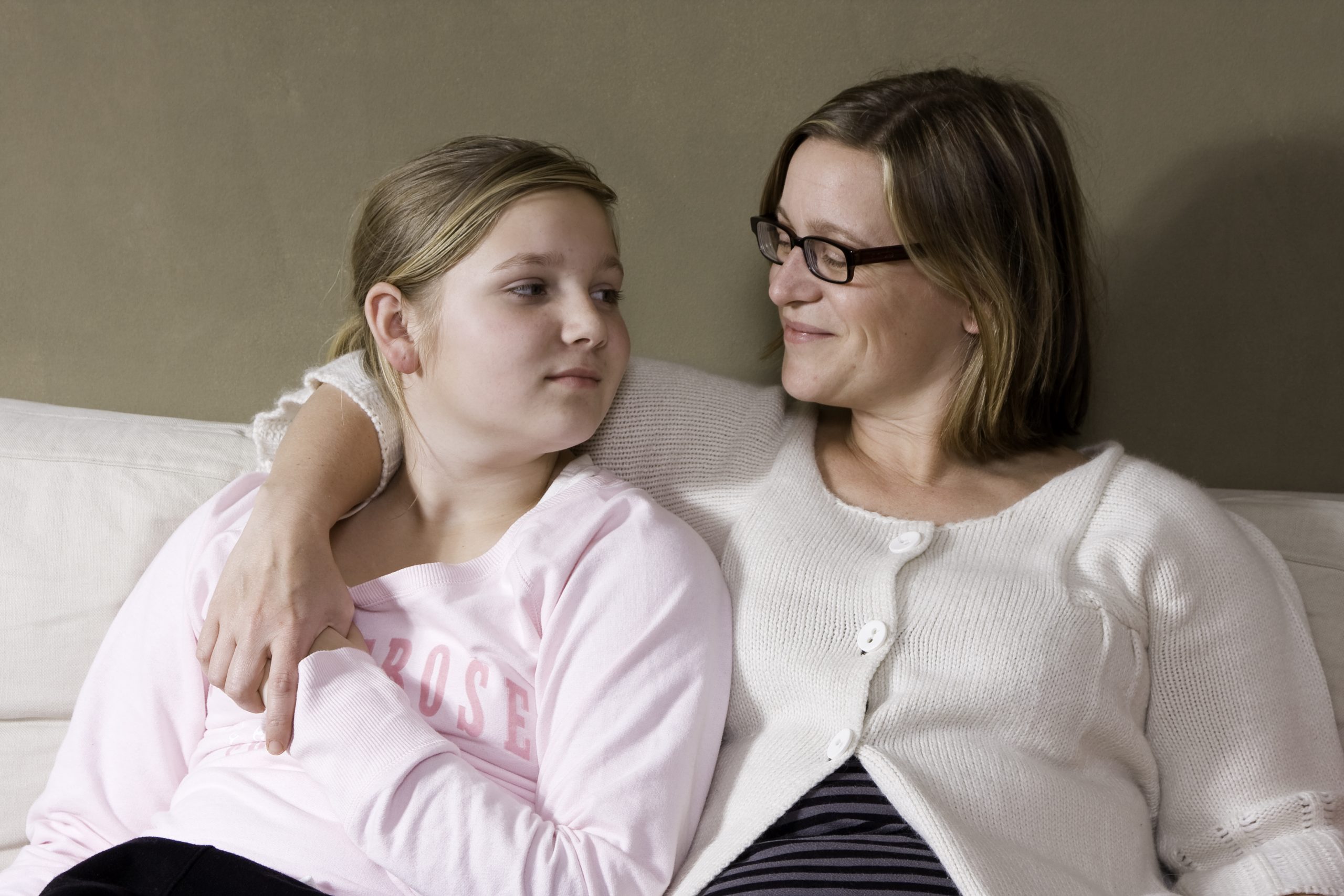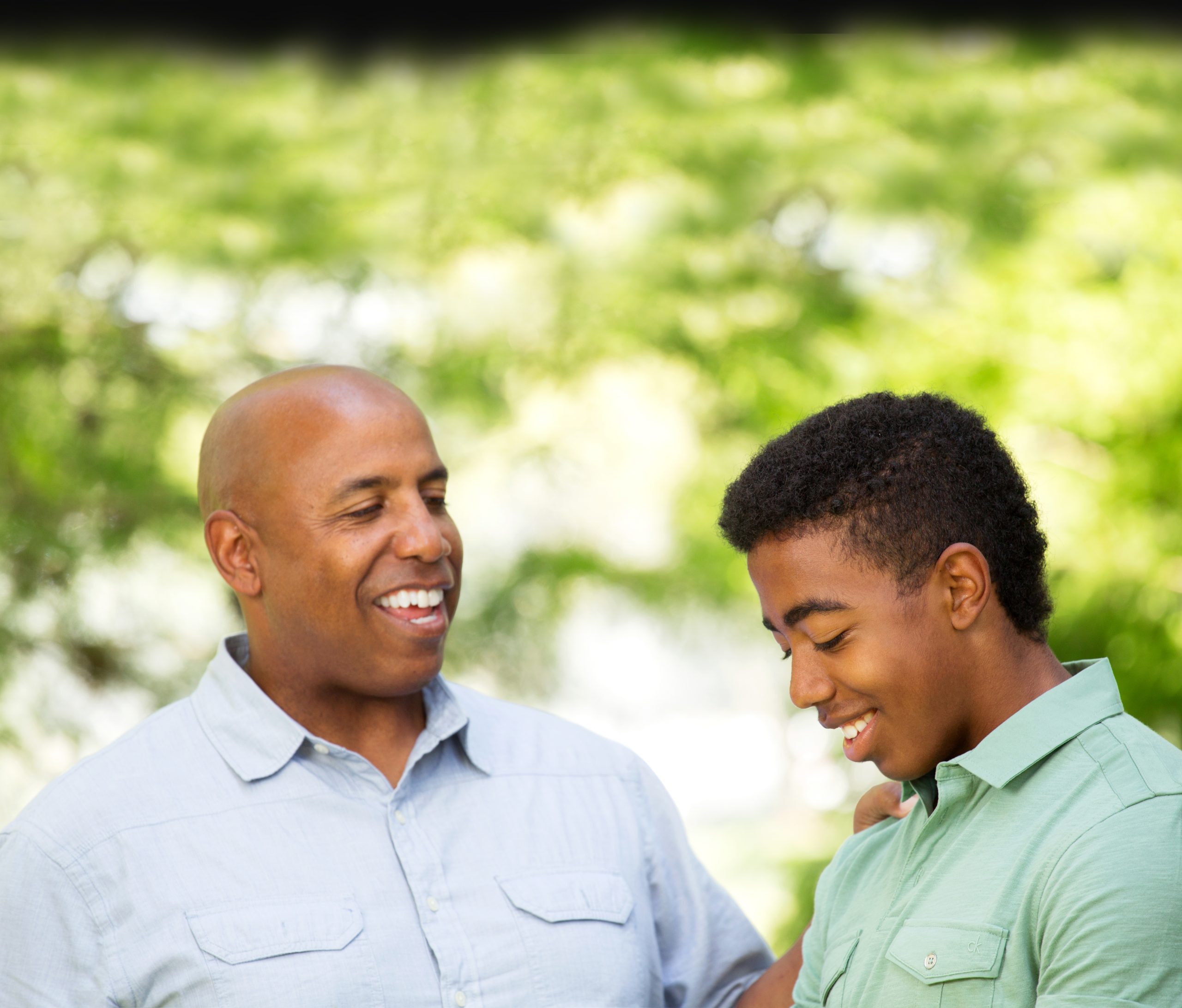
The Protective Power of Positivity: Approaching the 2020-21 School Year
Rebecca Wenrich Wheeler, LCMHCA, CPS
A new school year, even under typical circumstances, brings both stress and excitement. We’ve all heard the terms “unprecedented”, “trying times”, “uncertain”, and “new normal” to describe 2020, but we don’t have to allow these labels to dictate how we interact with our world. Maybe the first step in helping our children navigate the new school year would be to stop using terms that cause us to feel trapped and overwhelmed. We can approach this year with positivity and choose other words to label our year, such as adaptability, resiliency, and flexibility.
Choosing a positive approach is proven to have long-term benefits and outcomes. A 2019 John Hopkins study explored the impact of Positive Childhood Experiences (PCEs) on future mental health outcomes (Bethell). The study found that adults with high PCEs had a 72% lower rate of adult depression and mental illness in comparison to adults with low or no PCEs, and this outcome was true despite a person having a high Adverse Childhood Experience (ACE) score. Additionally, those with high PCEs were 3.5 times more likely to seek out emotional support during adulthood. But how do you create positive childhood experiences?
Never underestimate the power of protective factors. Protective factors are characteristics associated with a lower likelihood of negative outcomes or that reduce a risk factor’s impact. In fact, studies have shown those adults with no ACEs and no PCE protective factors have poorer mental health outcomes than those with ACEs and with protective factors (Stevens). The Bethell 2019 study asked participants to respond “yes” or “no” to a series of seven statements when thinking about their youth:
1.I am able to talk with my family about my feelings.
2. I felt that my family stood by me during difficult times.
3. I enjoyed participating in community traditions.
4. I felt a sense of belonging in high school.
5. I felt supported by friends.
6. I had at least two non-parent adults who took a genuine interest in me.
7. I felt safe and protected by an adult in my home.
Those seven items are great examples of protective factors. Bethell noted that higher the amount of protective factors, the more healthy mental health outcomes. Protective factors can be found outside the home, so community members can also play a part in enhancing PCEs. “The good news for every parent is that these PCE items are practical and, for the most part, easy to facilitate in your child’s day-to-day life,” (Bergland 2019). Knowing this, re-labeling 2020 the year of adaptability, resiliency, and flexibility lays the foundation for a year of Positive Childhood Experiences.
Knowing that positivity has amazing long-term effects, let’s explore 10 tips for approaching the new school year with to increase positivity and reduce stress:
1.Negativity is contagious, but so is positivity. Experts believe that negative emotions like fear and anger are more contagious than other emotions, but you have the power to stop the spread. “Keep your own negative emotions in check and avoid negatively impacting others. Remember, your good mood can brighten a room. And, an act of kindness can stop the spread of negative contagious emotions,” (Edward-Elmhurst Health).
2. Youth learn how to manage stress by watching the adults in their lives. Adults should practice healthy self-care, which begins by learning to recognize and manage negative emotions. Understanding what triggers our stress will help us to better include healthy stress management activities in our lives and make us better models for youth. Activities might include: exercise, creating art, mindfulness activities, and talking honestly about feelings. 
3. Limit social media intake and counter mis-information. Sharing factual information in an age-appropriate manner helps youth foster a sense of control. Be aware of how much time you’re spending online, how social media affects our mood, and how social media impacts our “real life” relationships. For tips on limiting social media intake click here.
4. Teach children how to help prevent illness and reduce risk. Empower youth to make responsible choices by explaining how mask wearing, washing hands, and social distancing help limit illness. Make the safety precautions feel fun rather than a chore. Find creative, socially-distant, ways to say hello, create hand-washing songs, allow children to choose fun masks, hand sanitizers, and soap, or turn cleaning into family karaoke!
5. Think of your child’s teacher and school as partners rather than hurdles. Take time to teach and model the skills of adaptability and flexible thinking to create a more positive experience when approaching the new schooling environment. Learn how parents and teachers can work as a team.
6. Create a workspace for your child with minimal distractions. If possible, reserve the workspace only for schoolwork. Your child might like to help design the space. Learning how to minimize distractions is good for both youth and adults! For tips click here.
7. Avoid multitasking. Adults aren’t good at multitasking, and neither are kids. When we say we are multitasking, we are really just task-switching. “Think of task switching as less like multi-tasking and more like juggling. You have a couple different balls in the air, but you’re only really touching one at a time” (Burkus). We are also more prone to distractions when we task-switch. To help improve focus during work: turn off unnecessary devices, schedule breaks to help recharge, and get enough sleep.
8. Maintain back to school rituals: Go school supply shopping, take first day of school pictures, and look for college tours (many tours are virtual!). These rituals are especially important during the transition years. Giving your child a toy or object that was important during your childhood is another way to encourage connection and create a moment to cherish.
9. Help foster other positive adult relationships that your child might be missing from not attending school in person. Through these non-parent relationships, youth learn how to seek out emotional support from other trusted persons which will continue to benefit them into adulthood. These trusted connections could come from neighbors, family friends, or faith community members.
10. Don’t assume how your child feels. Ask! We may be projecting our own emotions onto our children without considering that their feelings might be different. The conversation may simply begin by asking: “How are you feeling about what is happening?”, and then be present and listen.
Using protective factors and positive language can help de-stress your child about the uncertainties of this year. Through carefully choosing language and remaining calm and positive, you can make 2020 a positive experience for your child!
References
Burkus, D. (2018, November 15). Why You Can’t Multi-Task. Retrieved July 31, 2020
Stevens, J. (2019, October 1). 12 Myths of the Science of ACEs. Retrieved July 30, 2020
Featured Poe Program: Choices & Consequences Family Edition
Grade Level: 5th graders & Parents
Program Length: 90 minutes

Parents and children will learn the facts about alcohol, tobacco/e-cigarettes, marijuana, and other drugs through an interactive game modeled after the popular show, Who Wants To Be A Millionaire? Families will work together as a team to gain valuable information about the effects of these substances on the growing brain and body, as well as effective refusals skills to keep youth safe. The families will be engaged with interactive activities, videos, and team discussion. All families will be provided with resources to encourage ongoing prevention skill building and communication.
To schedule a virtual program with Poe, contact our scheduler Amanda Bodenheimer at [email protected] today.
Featured Video: H.A.L.T. For Stress
Join Rebecca from the Poe Center as she leads a lesson on maximizing your mental health and managing stress! If you’re feeling stressed or like you’ve lost control of a situation, Rebecca has some tips for you. Follow along with this mini-lesson as she talks about stress and walks you through a process for identifying your stressors, called “H.A.L.T: Hungry, Angry, Lonely, or Tired.” Hang out as Rebecca leads a breathing exercise, which is a great way to manage stress in your everyday life
